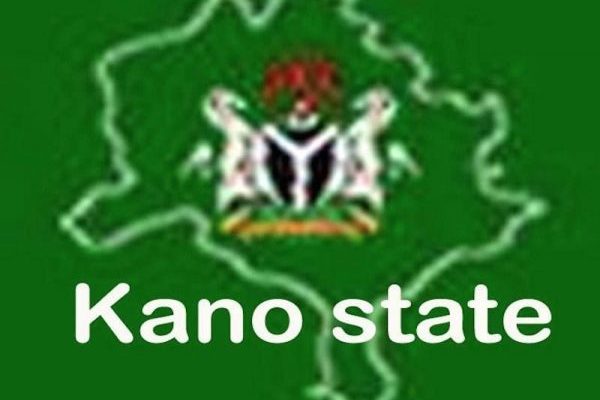JUSUN strike stalls deposed Emir Sanusi’s suit against Kano Govt, others
A suit filed by deposed Emir Sanusi Lamido Sanusi II, against the…
Kano Govt. earmarks N1.5bn for roads rehabilitation in 2021
The Kano State Government says N1.5 billion in the 2021 budget presented…
Kano Govt to establish 5 mega unity schools
Kano State Government, says it has concluded plans to establish five mega…



